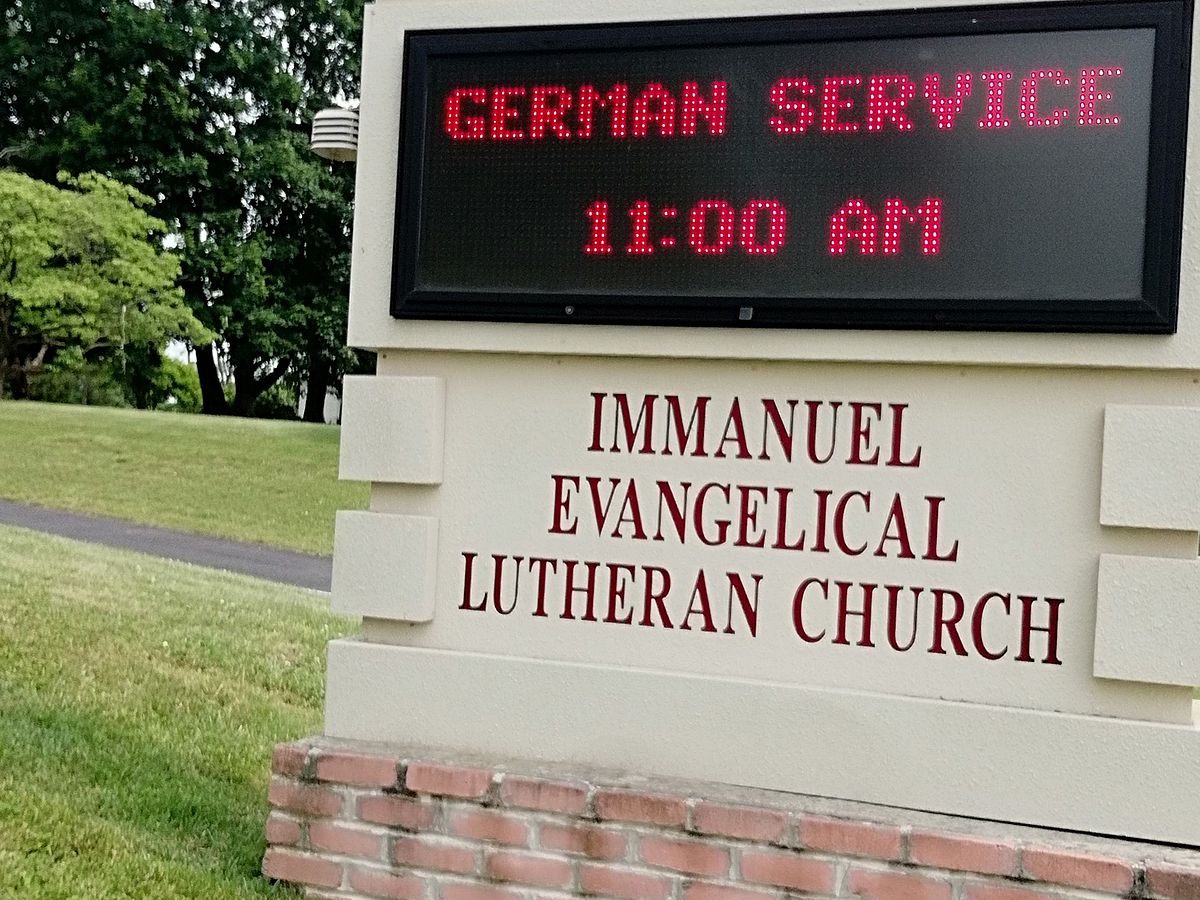Global History of Christianity

Today, Christianity is generally understood as one of the great 'world religions'. This view differs significantly from older perceptions, according to which Christianity was considered the one, true religion, while other beliefs were considered heresy, idolatry or heathenism.
Recent historical research on religion has shown that the concept of world religion is not a quasi-natural form of human existence, but rather an idea that was only able to establish itself worldwide within the framework of European colonialism in the 19th century. In this epoch, inspired by the young study of religion in Europe and the USA, as well as by liberal theology, intellectuals in all contexts began to reformulate certain traditions of thought under a common, global understanding of (world) religion. This development set in motion a standardisation process that led to the various world religions, such as Hinduism, Islam or Christianity, becoming the comparable quantities they appear to us today.
The aim of this research area is to investigate the reconfiguration of the Christian religion in terms of the global concept of world religion from the 19th century onwards. The focus is on the global interconnections that shaped the Christian religion in the process of its repositioning – be it in relation to other religious actors, the newly forming university sciences or the (colonial) political actors of the globalising world. Using illustrative examples, these global negotiation processes are analysed in the various contexts that have led to the reformation and conceptual unification of Christian identity, historical understanding and theology.
WoC Lab "Religion Glokal"
The Lab is dedicated to the investigation of the manifestations of the local in the context of the global discourse on religion. Here, the focus is particularly on negotiation processes in which the local is explicitly set in contradiction to the global.
moreLokale Religionsgeschichte als globalhistorisches Projekt
Prof. Dr. Yan Suarsana
The local history of religion strives to examine ‘small’ places in their entanglements with supra-regional and global discourses. In doing so, it turns out that the so-called ‘province’ cannot be understood solely as an imperfect reflection of the ‘big wide world’. Rather, on closer inspection, it presents itself as an intersection of a multitude of discourses with their very own dynamics, often effecting broader contexts in turn.
moreThe Mission of the Rhenish Missionary Society in Sumatra in Colonial Discourse
Lara Lindhorst
This project examines the history of the Rhenish Mission Society in Sumatra respectively the Toba-Batak region, beginning with the start of the mission in 1861 till the establishment of the Huria Kristen Batak Protestan.
moreThe Discovery of Buddhism
Dr. Ulrich Harlass
The project focuses on the beginning and development of the scientific study of Buddhism, particularly in the 19th century, and the public discourse on Buddhism. Consequently, Buddhism is not regarded as a primordial entity that was simply ‘discovered’, but rather as a historic discourse in which Buddhism was constituted and continually negotiated against the backdrop of a globalizing world and the realities of colonial encounters.
moreIdentity construction in German-speaking Lutheran congregations
Dr. Thorsten Wettich
The project focuses on German-speaking Lutheran congregations outside of Germany. The focus is on respective identity work (Keupp/Höfer 1997) with regard to the denominational or religious and the cultural/ethnic/national dimension.
more
Gott, ein Gefüge (2022)
Poststrukturalistische Überlegungen zur Theologie der Religionen
Prof. Dr. Yan Suarsana
This book extends the contemporary debate on the global concept of religion, conducted in the context of religious studies, to the field of the theology of religions. In applying poststructuralist and postcolonial perspectives, it seeks to deconstruct central categories such as truth, universality, or religion, in order to contextualize them by making transparent their historical genealogy and entanglement with political, social, and scientific discourses. Further, it aims to outline new areas of thinking, which can serve as the experimental basis of an alternative, non-essentialist form of theology (of religions).
more
Theosophical Anthropology, or the Septenary Constitution of Man Reconsidered (2022)
Dr. Ulrich Harlass
In "The Secret Doctrine" (1888), Helena P. Blavatsky declares to the astonishment of many readers that man is constituted by seven principles corresponding to the general "septenary" cosmic structure. This clearly represents a shift in comparison with her first major work "Isis Unveiled" (1877), where Blavatsky speaks of the "tripartite man". The change from three to seven principles was irritating not only to her contemporaries, but remained an enigma that evoked debates among later theosophists and their critics. In scholarly analyses, the sevenfold constitution marks the theosophical shift from occident to orient, which is not only geographical, but also doctrinal in nature. However, what has escaped scholarly analysis is the historization of this particular "shift" and its context that lead to the first theosophical book that introduces the sevenfold schemeñ namely "Esoteric Buddhism" (1883). The paper shows that this sep- tenary constitution was a result of the historical discursive context and developed in response to ongoing disputes. To this end, the paper will illustrate this conceptís genealogy rather than its "sources". Theosophists in India and confidantes of Blavatsky both attempted to circumvent what they claimed to be the esoteric knowledge of occultism. In doing so they addressed and interpreted modern science and spiritualism in equal measure, rejected Christianity, integrated reincarnation and, despite the absence of explicit references, relativized the oriental traditions.
more
Mapping the Study of Religion
Mapping Studies of Religion
Dr. Ulrich Harlass, Lara Lindhorst
The project ‘Mapping Studies of Religion’ arose from a collaboration between young academics from the Universities of Bonn, Bremen and Munich, and provided the impetus for mapping the field of Studies of Religion in Germany, Austria and Switzerland. It combined a digital workshop format and video interviews with central representatives to connect researchers in the field.

![[Translate to English:] Zur Startseite des Instituts für Religionswissenschaft und -pädagogik](/fileadmin/user_upload/fachbereiche/fb9/reliwiss/Fotos_und_Bilder/Logos/logo_mit_schrift_schwarz_1892x588_01.jpg)








